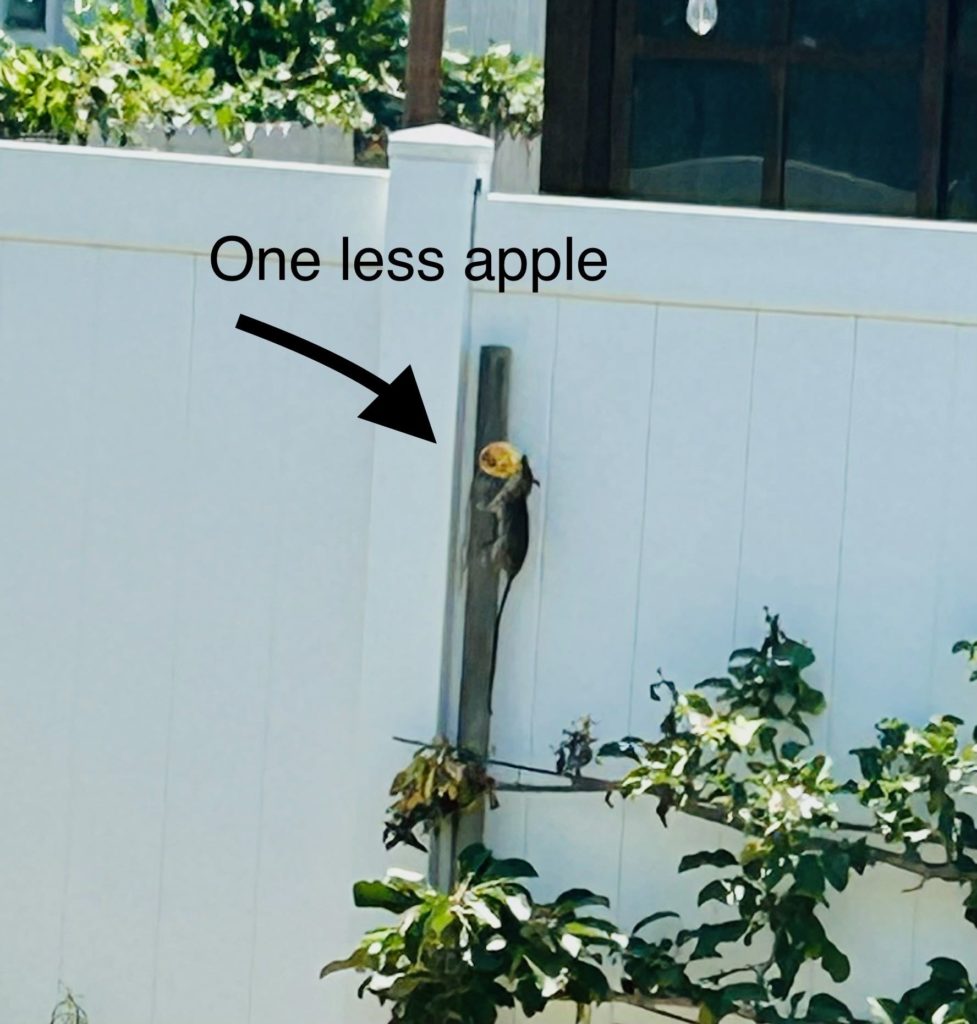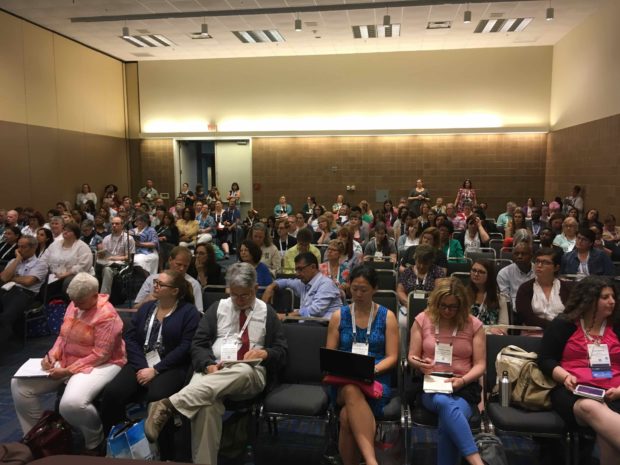“Cueillez dès aujourd’hui les roses de la vie.”
Pierre de Ronsard (Sonnets pour Hélène bk. 1 no .43, 1578)
I just returned from a weeklong vacation. Not a staycation. Not a planned adventure. A real do-nothing, plan-nothing, expect-nothing vacation where, with the exception of one personal excursion and two family dinner reservations, I had no plans each day other than to “figure it out when I wake up.” It’s the first such vacation I’ve taken in… well, ever. Every extended trip in the past decade has been planned to the bone: London, Northern California, Prague, France. Each of these had a detailed itinerary; and gods damn it everyone was going to follow it!
Not this time.
This time I went to Maui. And I did nothing. I did nothing for days. With the exception of the aforementioned excursion (to see the sun rise over Haleakalā) and the two family dinners (made at others’ requests), each day was its own discovery.
Coming back from a vacation of this magnitude (in detachment, not length) would take some getting used to. I deleted Teams from my phone before I left. I’ve never had email on my phone so that connection was already severed. I didn’t bring a laptop or tablet device. I told my team they could contact me, but only if it was worth a phone call (which was essentially the same as saying don’t). So I knew when I returned I would be coming back as if I had completely jumped off the prime timeline.
I’ve long exorcised the Sunday scaries from my life (with the help of a therapist), but I had the Sunday scaries this time. It took an inordinent amount of willpower not to start “cleaning up my email” the day before. I had to remind myself that work never ends, and that “getting a head start” isn’t possible when there is no finish line. I let it go. So here is some additional advice on how I managed to successfully re-enter the office after an extended vacation.
- Create a buffer. Before you leave, block off the day you return to the office on your calendar. Don’t schedule or plan any meetings. Make sure your shared calendar shows you as “busy” so folks don’t put a meeting there while you’re away.
- Manage expectations. While you’re at it, set an away message that essentially says “Don’t email me now.” My message this time was as follows: “I am out of the office on holiday until Tuesday, July 18. If you need a response from me, please email me after that date. (I will not have access to email while I’m away and I will not be able to “catch up” on email when I return.) For general library inquiries, you can contact…” (One day, I hope it becomes company policy/culture to block emails when someone is on vacation).
- Ask a friend. Before jumping into email, ask your team “What did I miss that I should pay attention to first?” Your colleagues, especially if you have a good rapport, will know what matters most to you.
- Speed clean. Once you do start processing things, process all the easy messages first: the ones that don’t require a response, the junk mail, the requests you will pretend you never saw. Get those out of the way if for anything to reduce the unread count on your inbox folder.
- Be kind to yourself. Take frequent breaks throughout the day. Take a walk around the office. Try to find at least one thing that’s changed since you left.
- Monotask. For the stickier action items, tackle them one at a time. Some of your responses may be “I’ll get back to you on this” and that still counts.
- Don’t apologize. Don’t say sorry for being away or not replying sooner. You don’t owe someone who ignored your away message (see #2) an apology.
Your mileage may vary, but by the end of the week I was fully back on track. No more Sunday scaries.
What I’m reading
Who Killed Google Reader by David Pierce
“Reader was probably never going to become the world-conquering beast Facebook eventually became, but the team felt it had figured out some things about how people actually want to connect.”
You Are Not the Answer by Benjamin at Thinkings Space
“Simply put, the modern workplace is not structured to value or respect individuals. Individuals are useful to a company only to a point.”
Life Before Cellphones by Dan Lois
“The very idea that, once work hours were over, no one could get hold of you—via email, text, Slack, whatever—is completely alien to contemporary young people, who never let their cellphones leave their hands. Yes, it’s because they’re addicted, but it’s also because we’re all expected by bosses, co-workers, and friends to be online and available pretty much every time of day.”
News from the garden

My daughter sent me this photo during work. After a three year hiatus, the fruit rats are back. This one managed to eventually carry the apple over the fence into the neighboring yard. Enjoy, my friend. But you better stay away from my corn.
Links to the past
- 1 year ago: Outreach competencies, assessing programs, and practical marketing for academic libraries. This time last year I was writing a lot of things!
- 6 years ago: The adults found it hilarious. She hasn’t lost her comedic timing, that’s for sure.
- 10 years ago: My ALA 2013 schedule. “As is customary among Libloggers” is a phrase that certainly marks itself in time.
Overheard online
“Librarians are on the front lines, fighting every day to make the widest possible range of viewpoints, opinions, and ideas available to everyone.”
President Barack Obama on Twitter.



